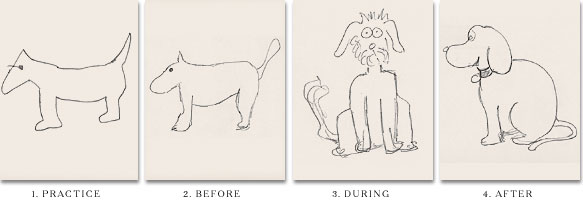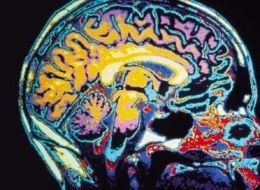Distracted Driving Laws Don't Stop Crashes (STUDY)
"WASHINGTON -- A new insurance industry study has found that state laws banning the use of handheld devices to make calls or send text messages while driving have not resulted in fewer vehicle crashes."
http://www.huffingtonpost.com/2010/01/30/texting-driving-laws-dont_n_442233.html
How does this make sense knowing what we know about attentional resources?
How can we reconcile these findings when we see numerous examples a driving accidents while texting...










